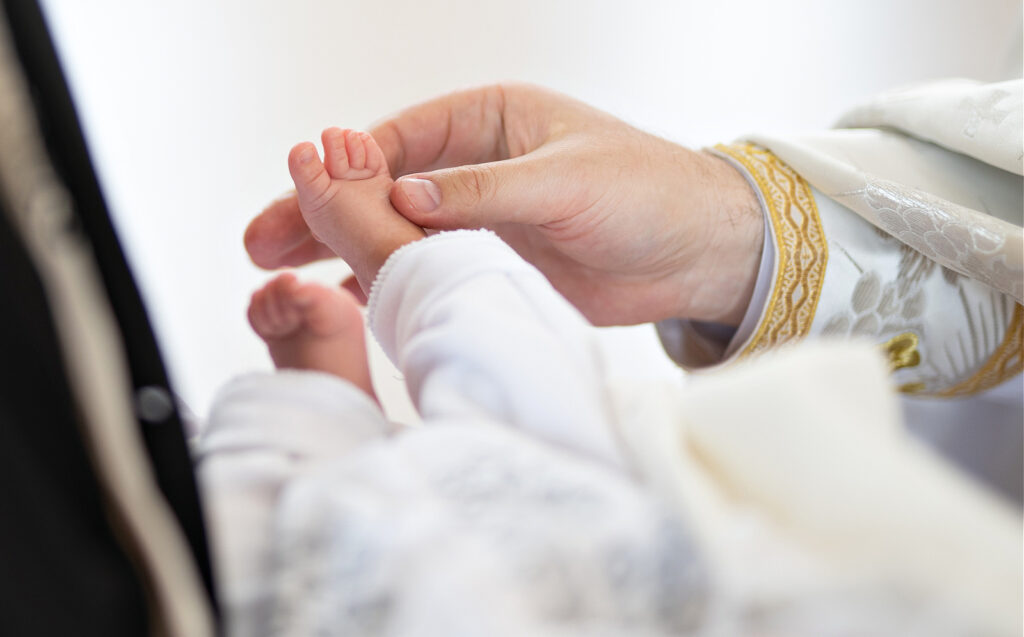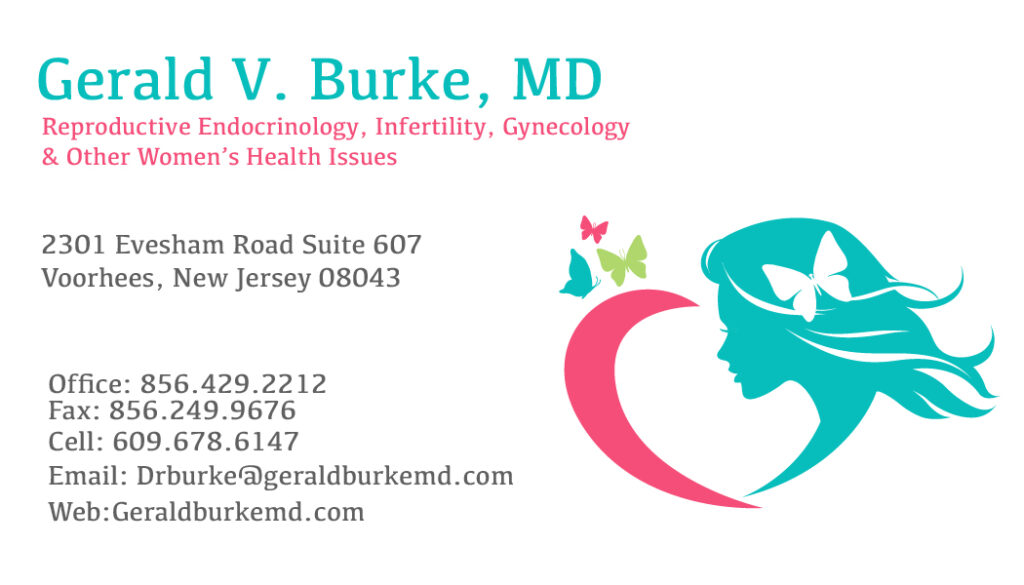Catholics Seeking Infertility Care
There are many forms of infertility care available to Catholics that conform with the teachings of our Catholic faith. They can be as successful or more so than IVF while being much less expensive. A woman must find a physician who is a Reproductive Endocrinologist/Gynecologist who provides and promotes these treatments.
Difficulty getting pregnant
Nobody anticipates difficulty starting or building their family when they enter into marriage. Tragically, 15% of couples will be childless after 12 months of attempting to conceive. This can be due either to an inability to conceive or miscarriages.
The good news is that in both situations effective and affordable medical care that is compatible with the doctrines, guidelines and teachings of our Catholic faith is available.
Catholic approach to infertility care
The magisterium of the Catholic Church prohibits conception outside of the human body. Unfortunately, most fertility clinics focus on IVF as their main approach to treat infertility. IVF requires external fertilization.
Fortunately, traditional means of fertility evaluation and treatment are effective, affordable and encouraged by our Church.
Evaluation for infertility
Evaluation for infertility is indicated when a couple has been having unprotected intercourse 2-3 times weekly for 1 year. The duration is reduced to 6 months if the wife is 35 or older or has known or suspected hormonal, menstrual or ovulatory problems.
When the ovulatory function and anatomic condition of the wife and the husband’s fertility potential are evaluated, a cause for the failure to conceive is determined in over 90% of couples. A successful pregnancy is achieved with treatment in more than 50% of couples.
Ovulatory evaluation
Ovulatory evaluation includes:
- A general hormonal evaluation.
- Charting of basal body temperatures.
- Progesterone blood levels.
- Endometrial biopsy.
Wife’s Anatomic Evaluation
- Hysterosalpingogram x-ray.
- Saline infusion sonogram.
- Laparoscopy and hysteroscopy.
Evaluating the Husband’s Fertility
The husband’s fertility potential is evaluated by techniques based on natural intercourse where conception is not inhibited.
This evaluation of all 3 fertility parameters occurs simultaneously with a diagnosis achieved within the first 1-2 cycles.
Determining the cause of infertility
Once the cause of the infertility is determined, specific treatment begins. Hormonal imbalances are corrected. Any remaining ovulatory deficiencies are treated using medications that enhance ovulations (Clomid, Letrozole or gonadotropins). If anatomic issues are identified, surgical correction is performed.
If there are issues with the husband, further evaluation is conducted. Depending on the nature of the issue, techniques to enhance sperm quality and number while not violating Church doctrine are employed.
Successful, effective, and accepted Catholic infertility care treatments
All of these treatments are both effective and within the guidelines of the Catholic Church. 50-60% of couples will be successful in building their families (rates comparable to IVF techniques). The time expectation to successful pregnancy is in the 6-8 good, ovulatory cycle range.
Additional options
For those couples who still do not conceive, adoption continues to be an unexpected and wonderful opportunity. These children are loved at least as much as if not more than naturally conceived children. They bring more joy than their parents have the words to describe.
Seek a reproductive endocrinologist/infertility specialist
If you are a couple having difficulty starting or enlarging your family, speak to your doctor, but seek the care of a reproductive endocrinologist/gynecologist who does not practice IVF. Using time-honored, traditional treatments will help you to achieve your dream of parenthood.
Appointments
If you are struggling with infertility, do not hesitate and call now to schedule an appointment to talk with Dr. Burke about your concerns.
Call us at 856-429-2212
Additional articles you might find helpful…



